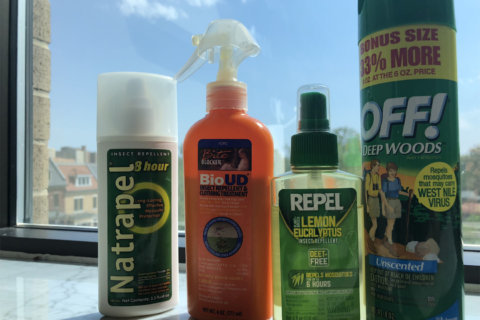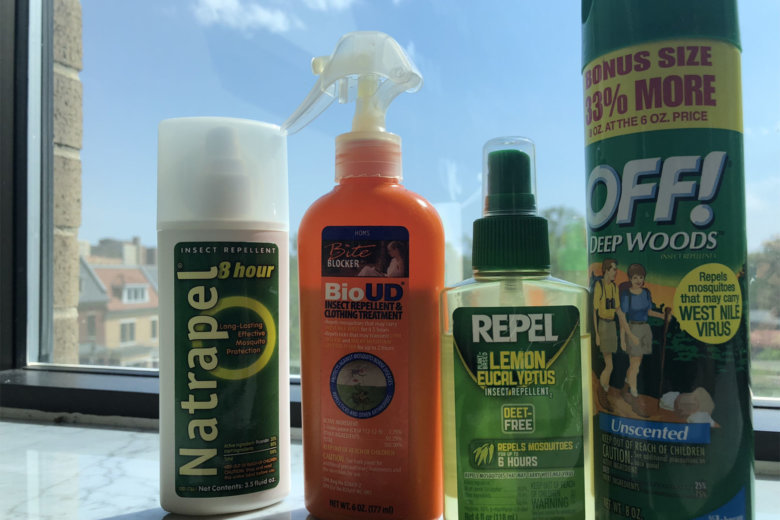
WASHINGTON — With spring in full swing and summer quickly approaching, many people are enjoying more time outdoors — and already swatting away those pesky mosquitoes.
But a new report from the Centers for Disease Control and Prevention shows there are more potential health risks from mosquitoes than just a few itchy bites.
The CDC reported this week the number of diseases transmitted from mosquitoes, ticks and fleas has more than tripled since 2004.
“We’ve seen an influx of things like the chikungunya virus, the Zika virus, which really caught our attention a few years ago,” said “Bug Guy” Dr. Mike Raupp, a University of Maryland entomologist. “There are other viruses carried by this little house mosquito, things like West Nile virus. These indicators all are pointing in the upward direction.”
What’s behind the uptick?
“There’s a number of factors that go into this,” he said. “We think that probably international travel is simply bringing people in contact with these insects and ticks that are carrying these diseases.”
Another piece of the puzzle? Climate change, Raupp said.
Before, insects constrained by cold — such as the Asian tiger mosquito — were limited in where they could thrive.
“But in a warming world, what we’re going to see is a range expansion of things like the Asian tiger mosquito,” he said. “Again, this could increase the transmission of some of these mosquito-born diseases.”
One pest that’s recently made inroads in the D.C. area is the Lone Star Tick, Raupp said. Once indigenous to the South, the tick has made inroads along the Eastern U.S., including D.C.
There are ways to protect yourself, Raupp assured.
“The thing I rely on when I’m out in the wild — even the Washington wild — is personal protection,” he said.
The “gold standard” of mosquito repellents, such as OFF, contain DEET.
But there are also many other options that are based on plant compounds.
BioUD, a natural insect repellent derived from the wild tomato plant, provides a couple hours of protection outdoors.
Another option is oil of lemon eucalyptus, which lasts for six or seven hours.
If you’re looking for a non-DEET alternative, try picaridin, which provides about eight hours of protection, he sad
There are also lines of clothing that come pre-treated with a compound called permethrin that acts as a repellent for mosquitoes and ticks.









